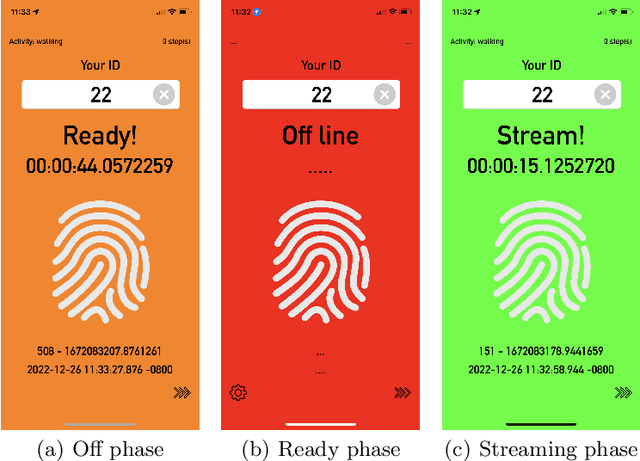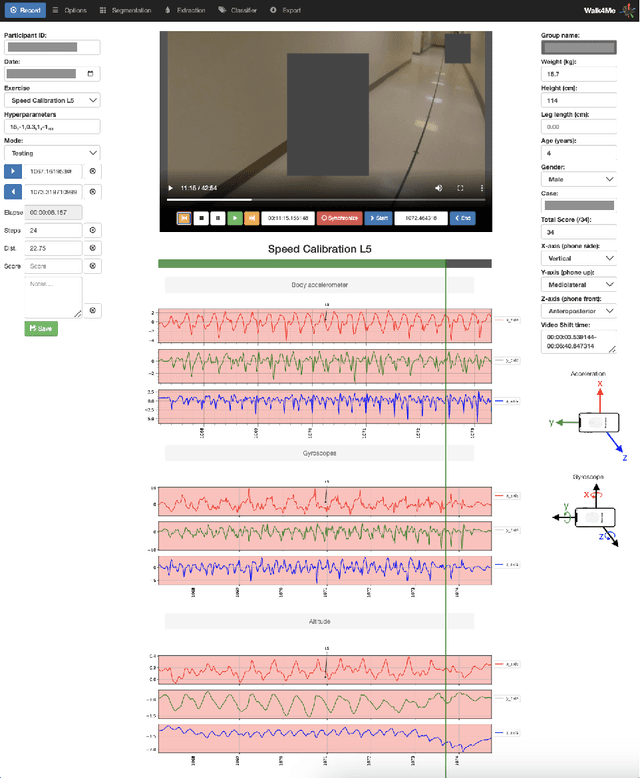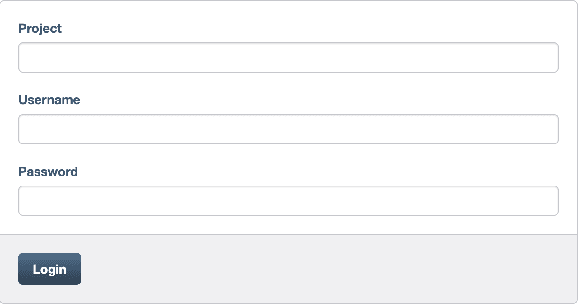Walk4Me: Telehealth Community Mobility Assessment, An Automated System for Early Diagnosis and Disease Progression
Paper and Code
May 05, 2023



We introduce Walk4Me, a telehealth community mobility assessment system designed to facilitate early diagnosis, severity, and progression identification. Our system achieves this by 1) enabling early diagnosis, 2) identifying early indicators of clinical severity, and 3) quantifying and tracking the progression of the disease across the ambulatory phase of the disease. To accomplish this, we employ an Artificial Intelligence (AI)-based detection of gait characteristics in patients and typically developing peers. Our system remotely and in real-time collects data from device sensors (e.g., acceleration from a mobile device, etc.) using our novel Walk4Me API. Our web application extracts temporal/spatial gait characteristics and raw data signal characteristics and then employs traditional machine learning and deep learning techniques to identify patterns that can 1) identify patients with gait disturbances associated with disease, 2) describe the degree of mobility limitation, and 3) identify characteristics that change over time with disease progression. We have identified several machine learning techniques that differentiate between patients and typically-developing subjects with 100% accuracy across the age range studied, and we have also identified corresponding temporal/spatial gait characteristics associated with each group. Our work demonstrates the potential of utilizing the latest advances in mobile device and machine learning technology to measure clinical outcomes regardless of the point of care, inform early clinical diagnosis and treatment decision-making, and monitor disease progression.
 Add to Chrome
Add to Chrome Add to Firefox
Add to Firefox Add to Edge
Add to Edge